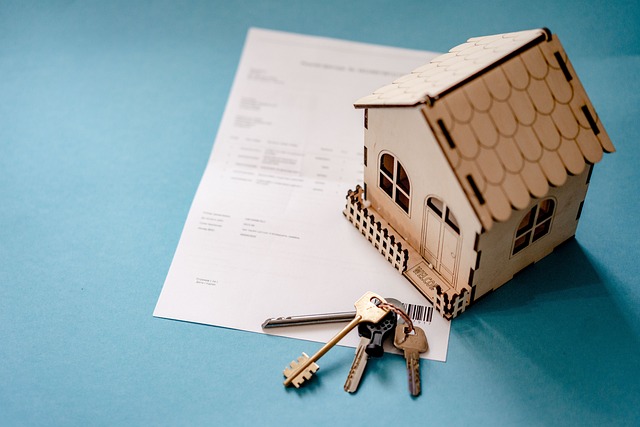How to Buy Foreclosed Homes: A Practical Guide
Foreclosed homes can present a unique opportunity in the real estate market for buyers and investors willing to handle extra research, paperwork, and potential repair work. These properties are typically sold below comparable market prices because lenders want to recover losses. That discount can be attractive, but purchasing a foreclosed house also carries risks — unclear titles, deferred maintenance, and limited inspection access. Understanding the process, legal steps, and how to evaluate a foreclosed property will help you make a smarter, more secure purchase in your area.

What is foreclosure in real estate?
Foreclosure in real estate happens when a homeowner fails to make mortgage payments and the lender seeks to recover the outstanding debt by selling the property. The process and timeline vary by jurisdiction, but the end result is a property conveyed from the borrower to the lender or sold at auction. Foreclosures affect neighborhoods and market supply, often increasing inventory of available houses. For buyers, it’s important to distinguish between pre-foreclosure listings, bank-owned properties (REO), and auction sales — each has different risks, timelines, and negotiation possibilities.
How to inspect a foreclosed house?
Inspecting a foreclosed house is critical but often more complicated than with a standard home sale. Many foreclosed properties have been vacant for some time and may suffer from neglected maintenance, vandalism, or hidden damage like mold and pest infestations. Whenever possible, arrange a professional home inspection; if access is restricted, budget for a more extensive inspection once you can. Pay close attention to the roof, foundation, electrical and plumbing systems. Factor probable repair costs into your offer — a seemingly low price can become costly after necessary repairs.
Can a foreclosed home be safe to buy?
A foreclosed home can be perfectly safe if you do thorough due diligence. Start by ordering a title search to uncover liens, unpaid taxes, or judgments that could transfer to you. Assess neighborhood comparables to verify estimated value and resale prospects. If a property is bank-owned, lenders often clear many title issues before sale, but that isn’t guaranteed. Consider homeowners association rules, insurance availability, and whether utilities have been shut off. Working with real estate professionals experienced in foreclosure transactions reduces surprises and helps ensure the house can truly become a secure, livable home.
How to evaluate a foreclosed property?
Evaluating a foreclosed property means combining market analysis with physical-property assessment. Compare recent sales of similar houses in the area to determine fair market value. Subtract estimated repair and holding costs to derive a realistic offer price. Check local zoning and future development plans, which could affect long-term value. For investors, calculate potential rental income and vacancy risk. For owner-occupants, think about how renovation costs and timing fit your budget. Always plan for contingencies — older houses or those left vacant often reveal hidden expenses.
Financing and legal steps for foreclosure
Financing a foreclosed purchase can be different from a standard mortgage. Some lenders offer conventional loans for REO properties, but auction purchases often require cash or short timelines for funding. FHA and VA loans are sometimes usable for bank-owned foreclosures but may have stricter condition requirements. Legal steps include title searches, clearing any junior liens, and understanding redemption periods that might allow prior owners to reclaim the property in some jurisdictions. Work with a mortgage lender familiar with foreclosure rules and an attorney or title company to confirm legal standing before closing.
Conclusion
Buying a foreclosed home can yield significant savings and opportunities, but it requires careful research, realistic budgeting for repairs, and awareness of legal nuances. Evaluate the property thoroughly, confirm clear title and financing options, and compare market values to ensure the purchase aligns with your financial goals. With informed planning and the right professional advice, a foreclosed property can become a viable house or investment in your real estate portfolio.






